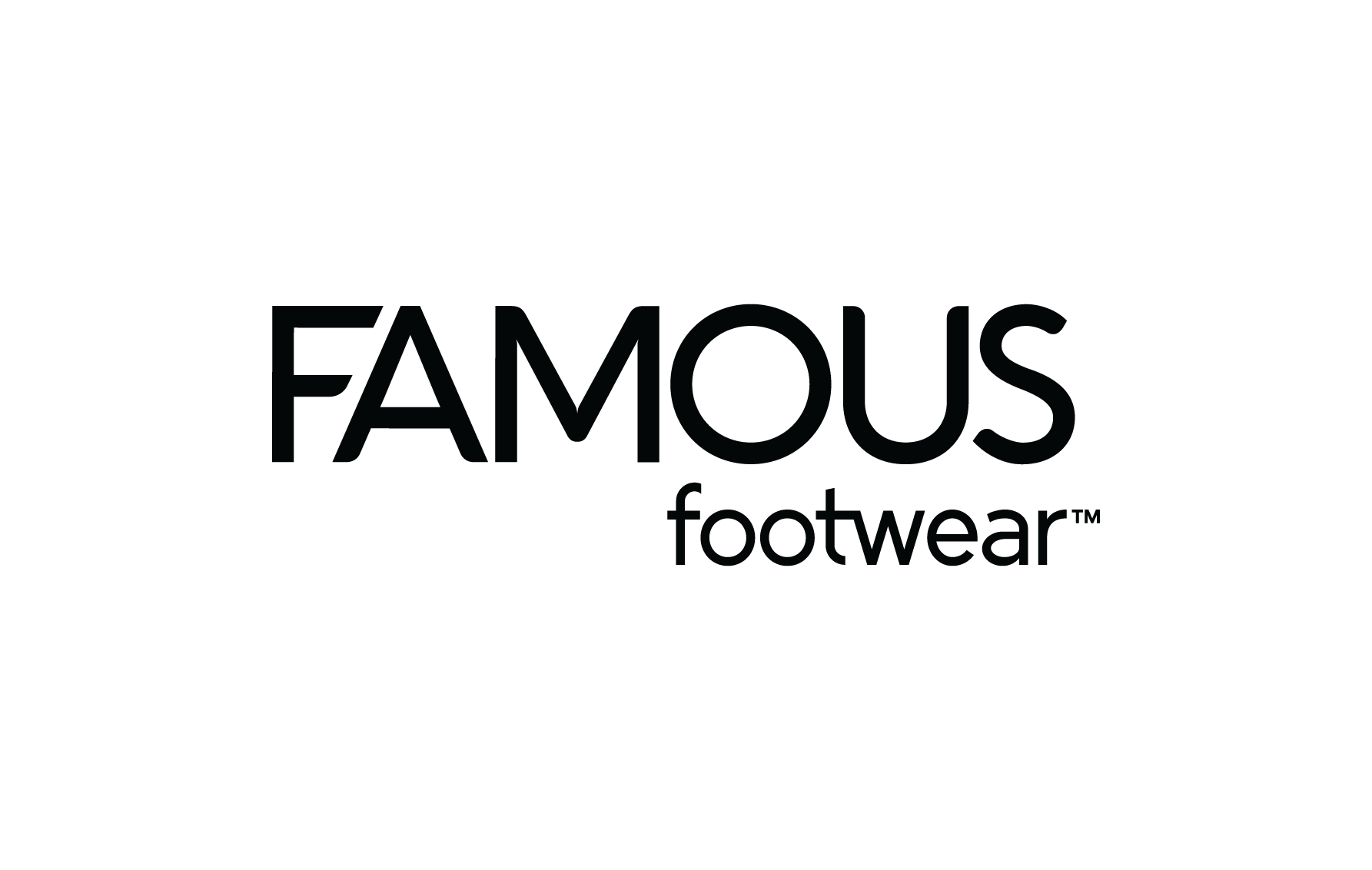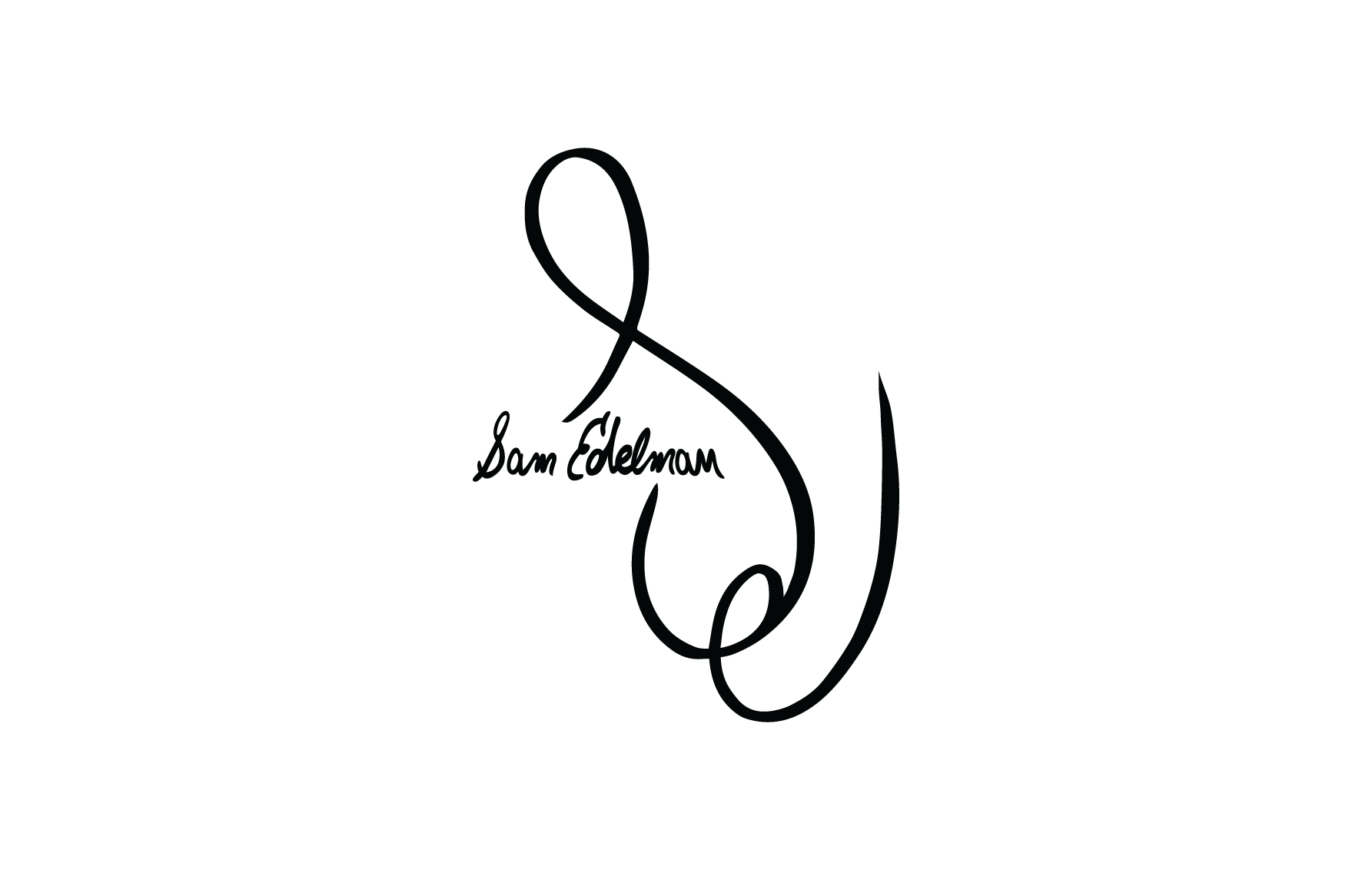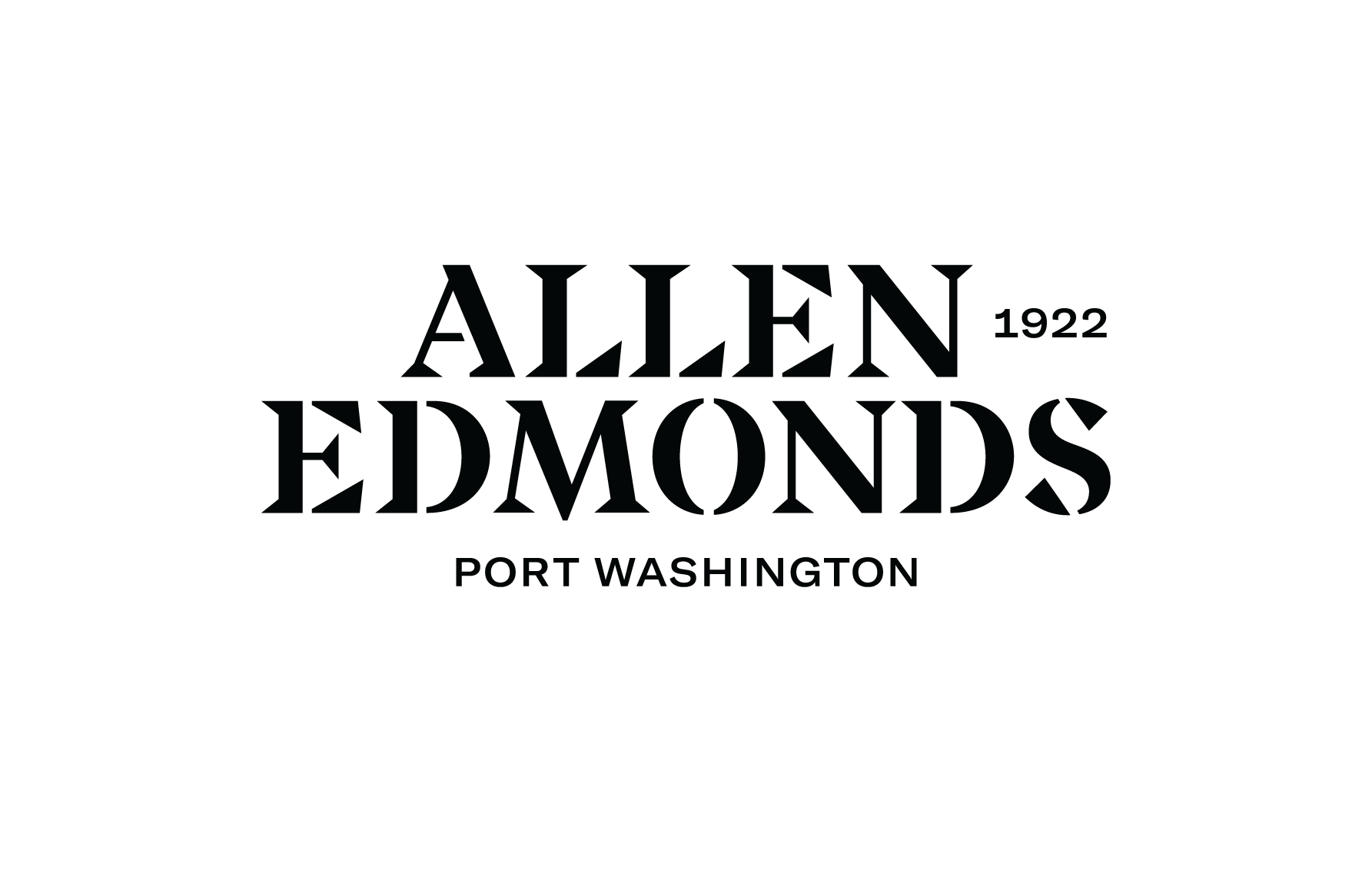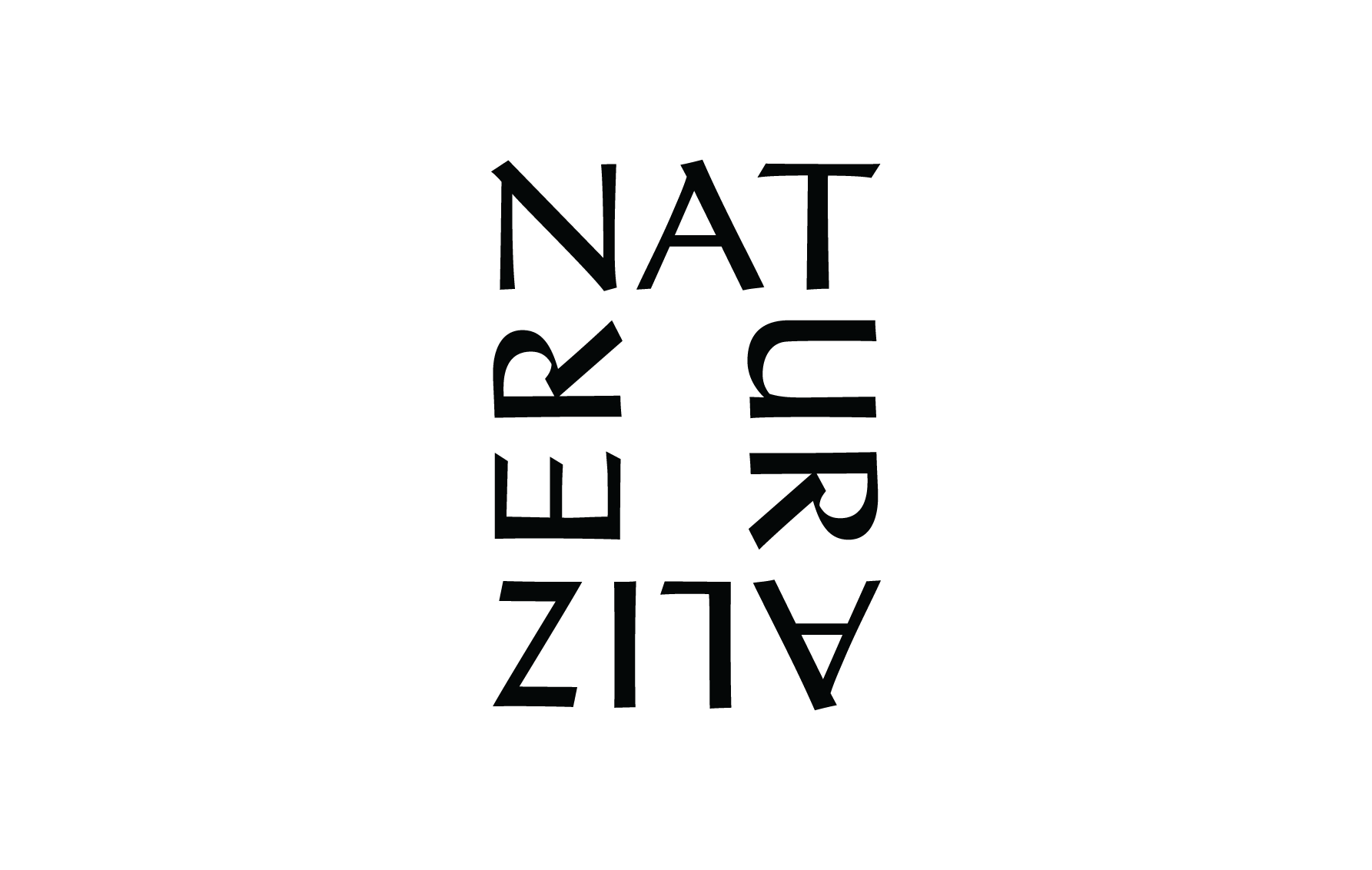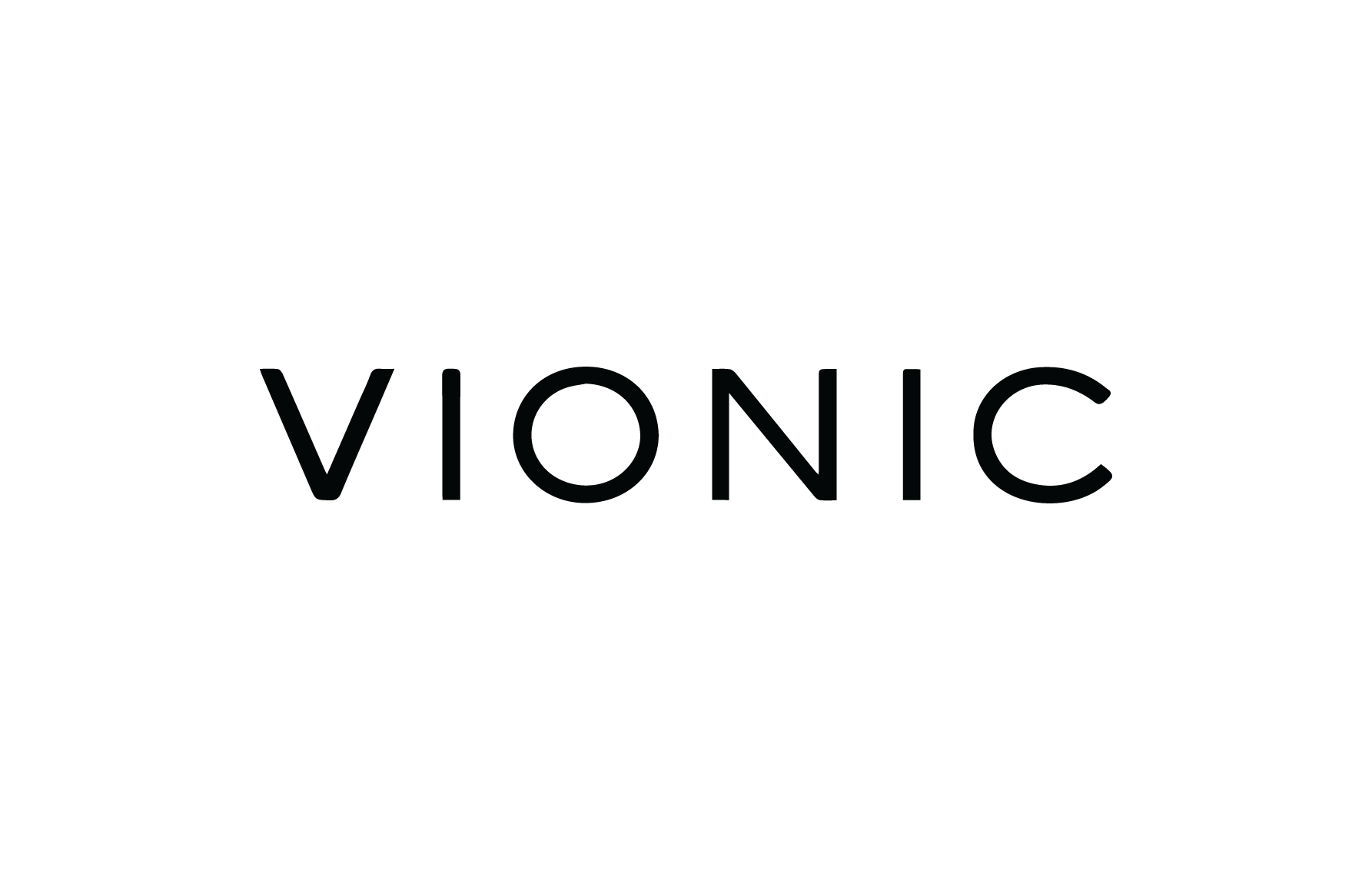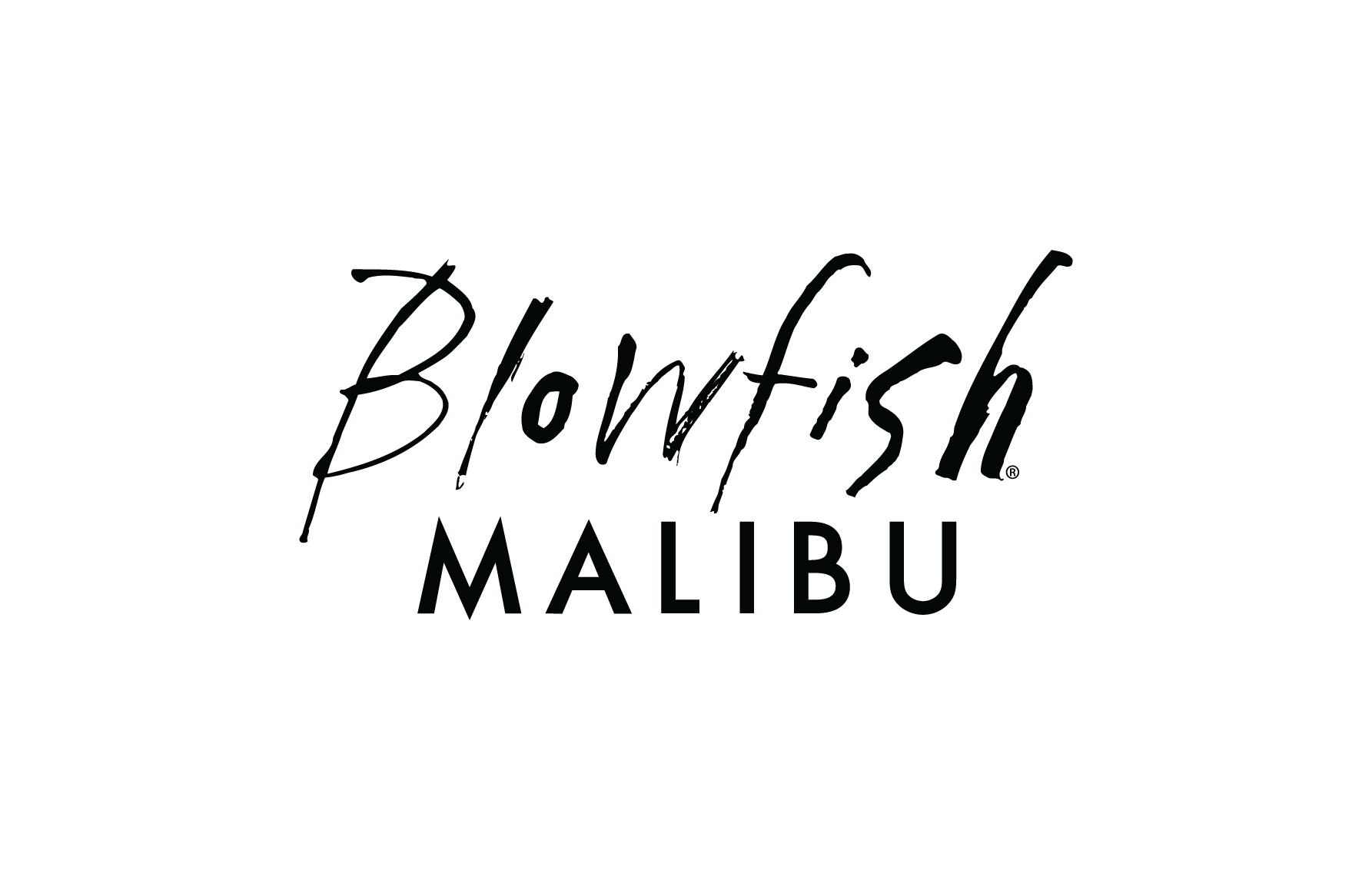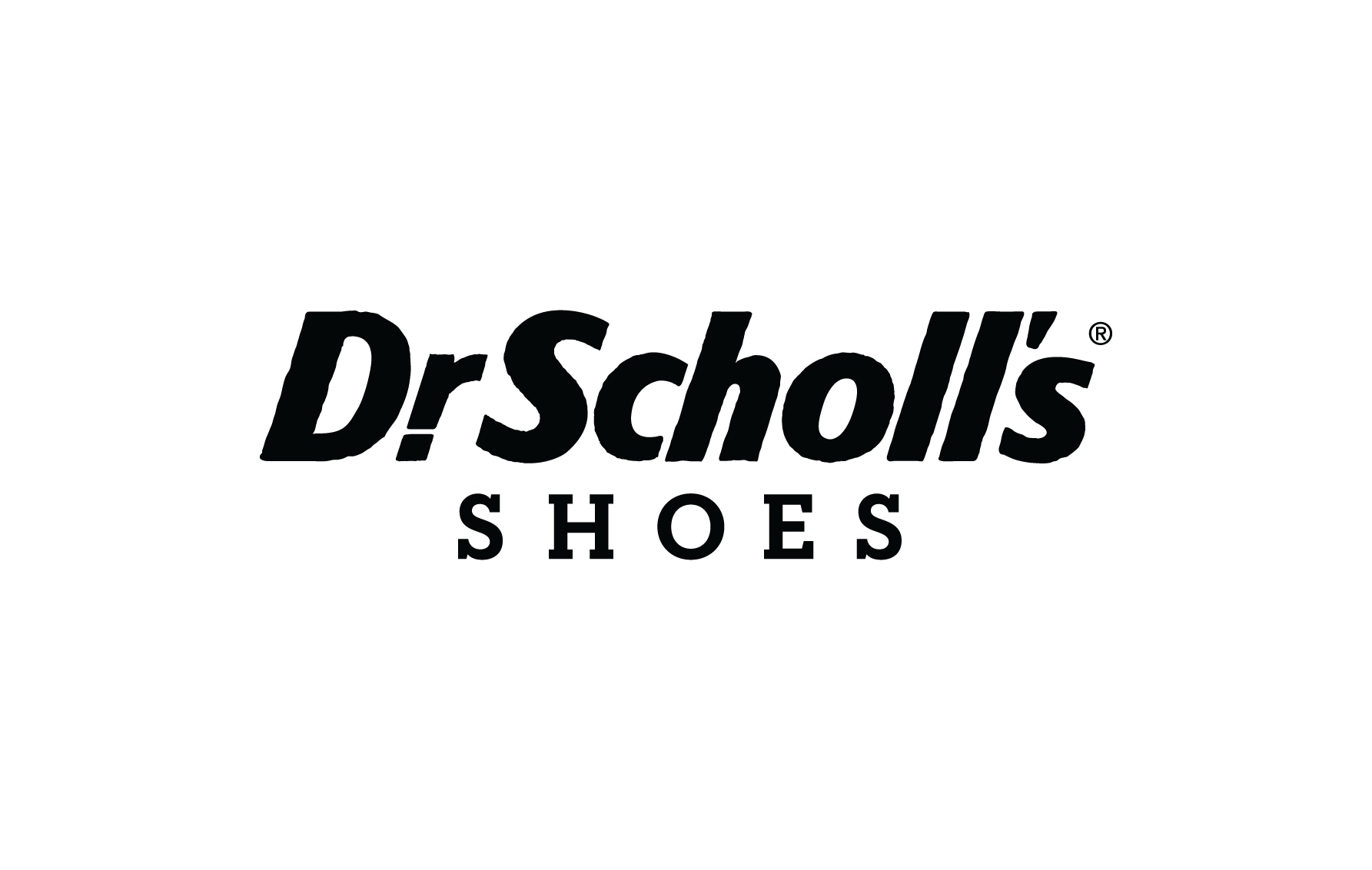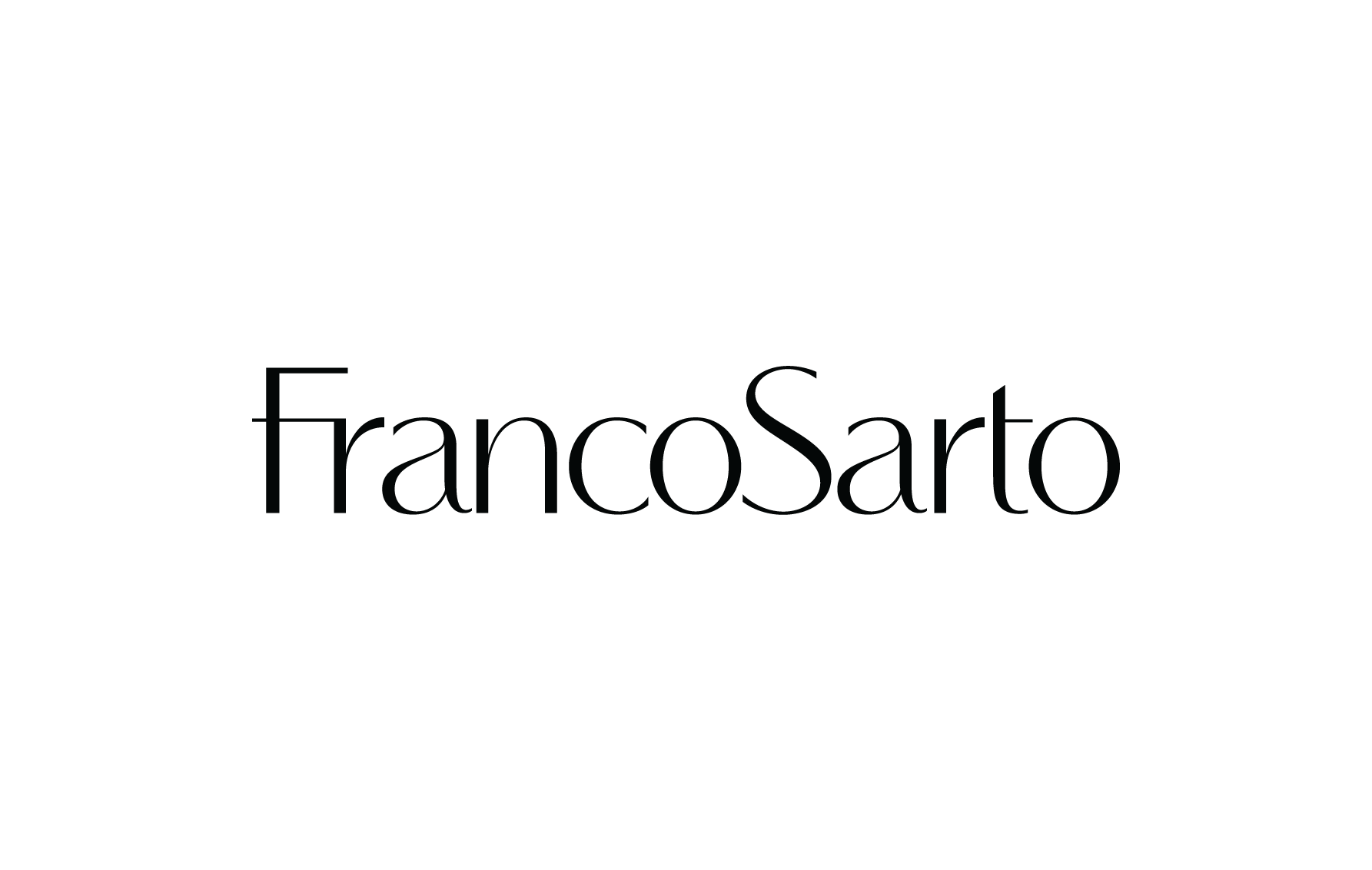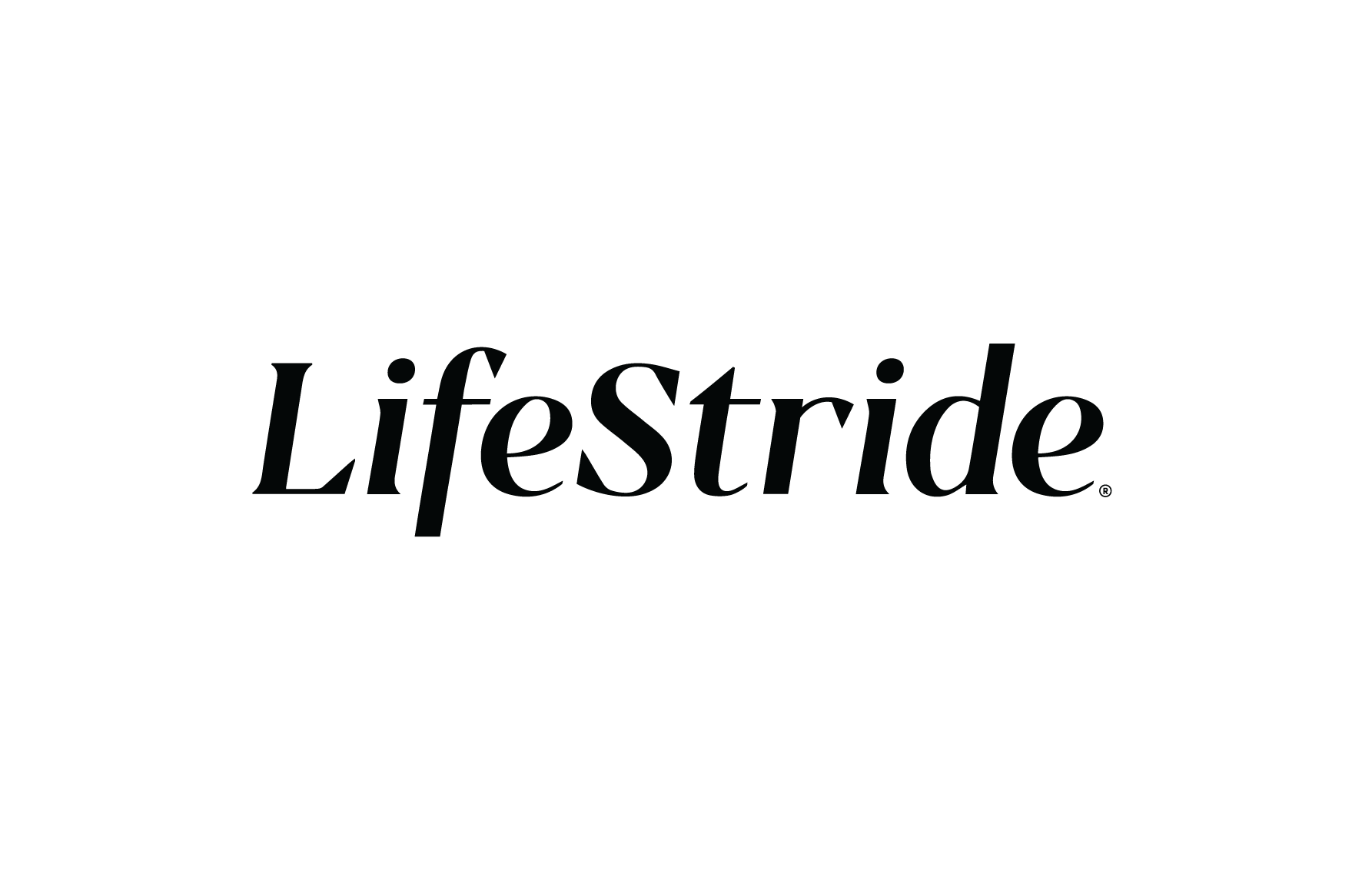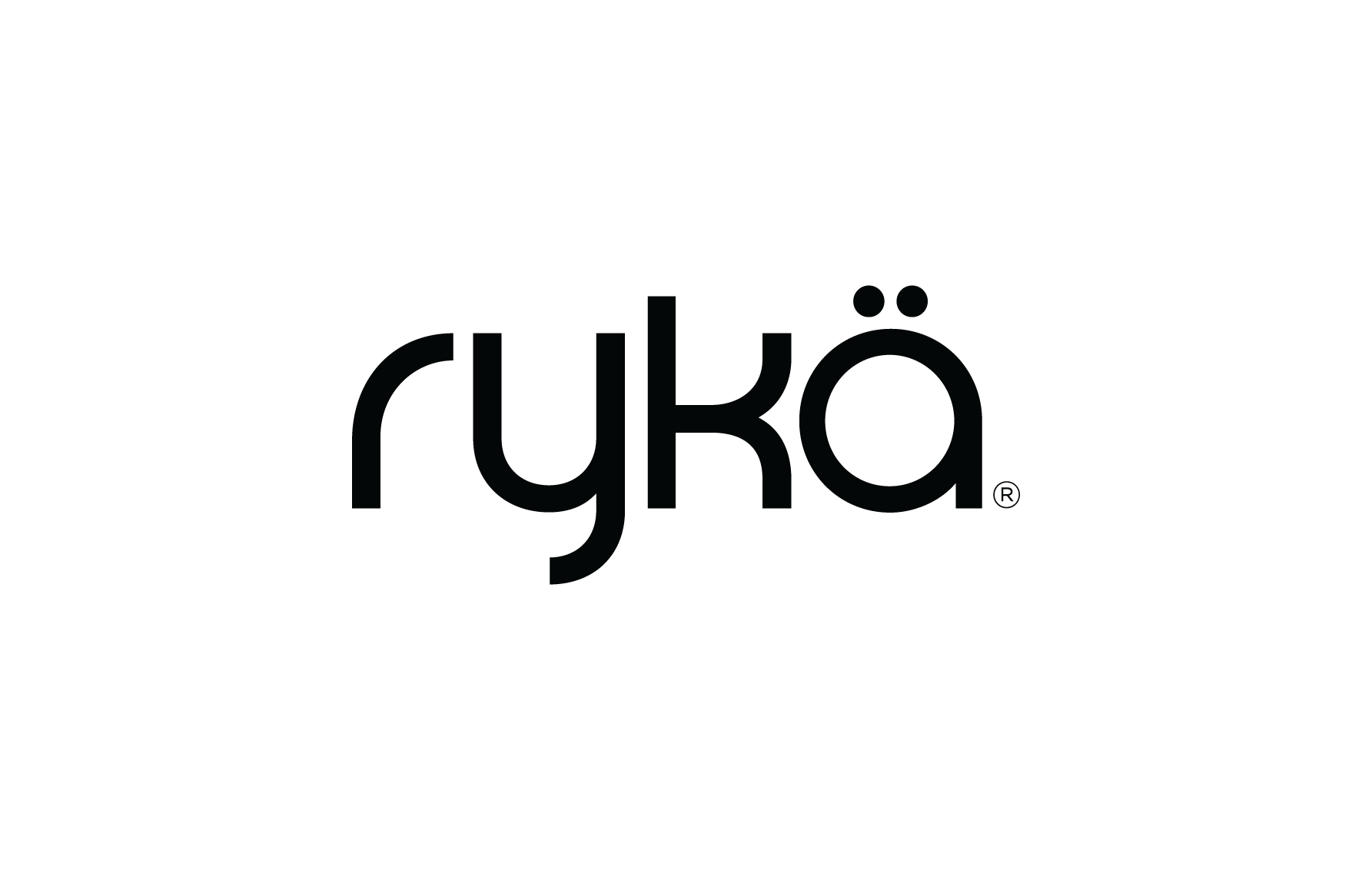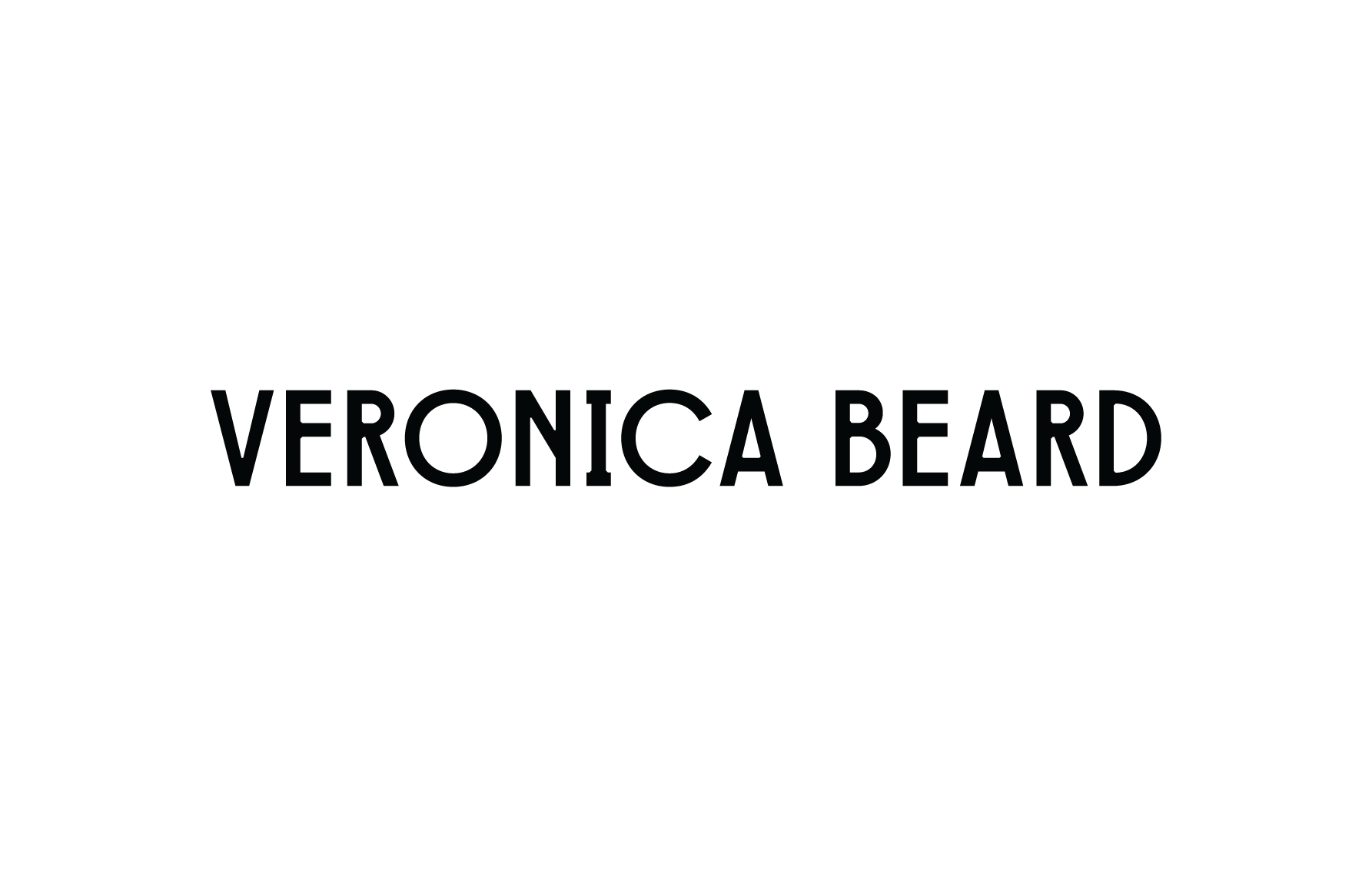
One Planet Standard
Our Journey
Our sustainability efforts are a journey and we thank you for learning and growing with us. We all have one planet to share and hope our efforts inspire others to join in.
The Sustainable Footwear Index
The One Planet Standard is a designation we give only to shoes that meet or exceed 51% on our Sustainable Footwear Index. We developed this standard to be comprehensive and consider the sustainability of a product across its entire lifecycle including these six key pillars: sample reduction, materials, packaging, supplier ESG initiatives, brand philanthropy, and end-of-life solutions.
Our Sustainable Footwear Index is unique because it grades each shoe based on sustainability measures from start to finish. Sustainability measures that require more effort and investment to achieve receive more points.
Our Six Pillars:
1.
SAMPLE
REDUCTION
We use innovative techniques like 3d rendering and 3d flattening to reduce sample production, which saves materials, energy, and emissions from shipping.
2.
MATERIALS
We evaluate and score environmentally preferred materials and conventional materials on the upper part of the shoe and the bottoms.
3.
PACKAGING
We look at what our packaging materials are made of including the use of environmentally preferred materials.
4.
SUPPLIER ESG
INITIATIVES
We assess the environmental and social governance efforts within our manufacturing partners.
5.
BRAND
PHILANTHROPY
It is important to give back to the community and we encourage all our brands to do so.
6.
END-OF-LIFE
SOLUTIONS
We provide solutions to help consumers extend the life of their shoes: recrafting, reselling, or recycling our footwear.
Pillar 1:
Sample Reduction Techniques
Our Edit to Win program focuses on reducing shoe samples using 3D print technology, new planning methods, and improved trend forecasting. In 2022 we reduced our total samples produced by 22%. And by 2025 we expect to achieve a 35% reduction in samples produced. By reducing the total samples produced, we decrease our CO2 shipping emissions and material waste.
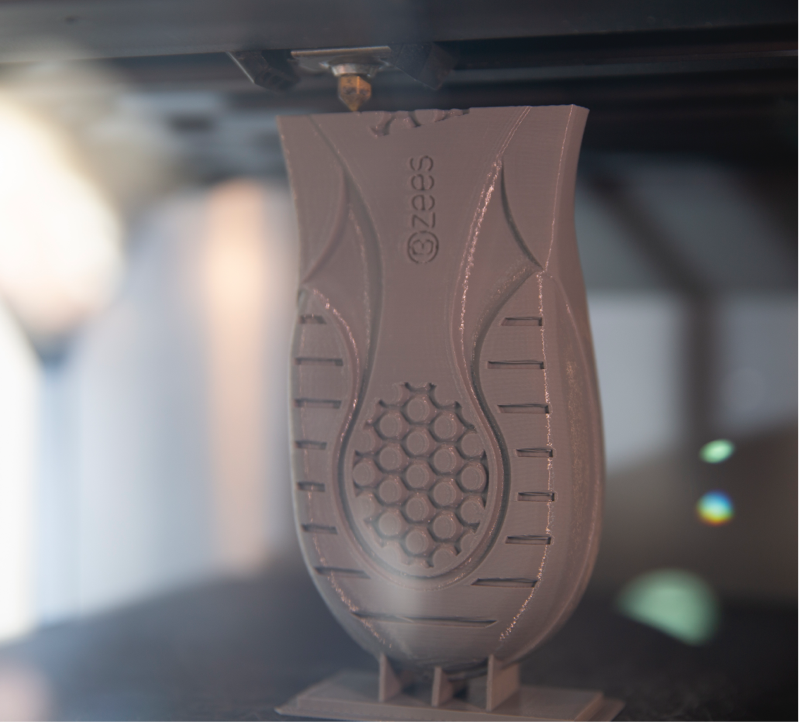
Pillar 2:
Environmentally Preferred Materials (EPMs)
Choosing EPMs is one of the most significant and immediate ways we can help reduce our environmental impact. We focus on four main material categories—fabrics, leather, synthetic leather, and shoe bottoms; we also track progress on products containing at least one EPM. Caleres and its manufacturing partners are always innovating and finding new ways to include more EPMs year over year to reach our goals, which are reflected in the chart below and published in Caleres’ ESG report.
| 2019 | 2020 | 2021 | 2022 | 2025 Goal | |
|---|---|---|---|---|---|
| Fabric | 12% | 28% | 37% | 41% | 100% |
| Synthetic | 4% | 7% | 11% | 17% | 50% |
| Leather | 63% | 65% | 74% | 85% | 100% |
| Shoe Bottoms | 3% | 5% | 14% | 19% | 25% |
| Contains At Least One EPM | 28% | 45% | 67% | 75% | 100% |

Environmentally Preferred Fabrics
We are conscious of the materials we use in our products. We set a target to have 100% of our fabrics be environmentally preferred by 2025. To meet the requirements for a fabric to be environmentally preferred they are either natural, meaning they’re greater than 20% Organic Content Standard certified, or contain more than 50% Global Recycled Certified standard content.
Environmentally Preferred Polyester (rPET):
Polyester is our most used fiber and is a key ingredient in creating durable footwear. However, polyester is made from fossil fuels. Our recycled polyester is made by converting recycled plastic waste into new recycled polyester fibers and yarns. Using recycled polyester reduces the total amount of fossil fuels and water used for shoe manufacturing, saves landfill space and reduces our CO2 emissions per ton produced, while also reducing our reliance on new fossil fuels. In 2022, 41% of our fabrics were environmentally preferred, and our goal is to have 100% of our polyester to be sourced from Global Recycled Standard certified sources by 2025.
Small changes add up! By using post-consumer recycled plastic, Caleres has diverted over 126 million bottles from landfills since 2018. In 2022, recycled polyester saved 9.19k metric tons of CO2. This is equivalent to 1,117,896 cell phone charges.
Environmentally Preferred Cotton
While a small percentage of our total production, cotton is a natural fiber that has been used for thousands of years. By 2025, we’re committed to sourcing 100% environmentally preferred fabrics – which includes cotton sourced through Organic Content Standard certified sources. Organic cotton is produced and certified to organic agricultural standards, which require practices to sustain ecosystems.
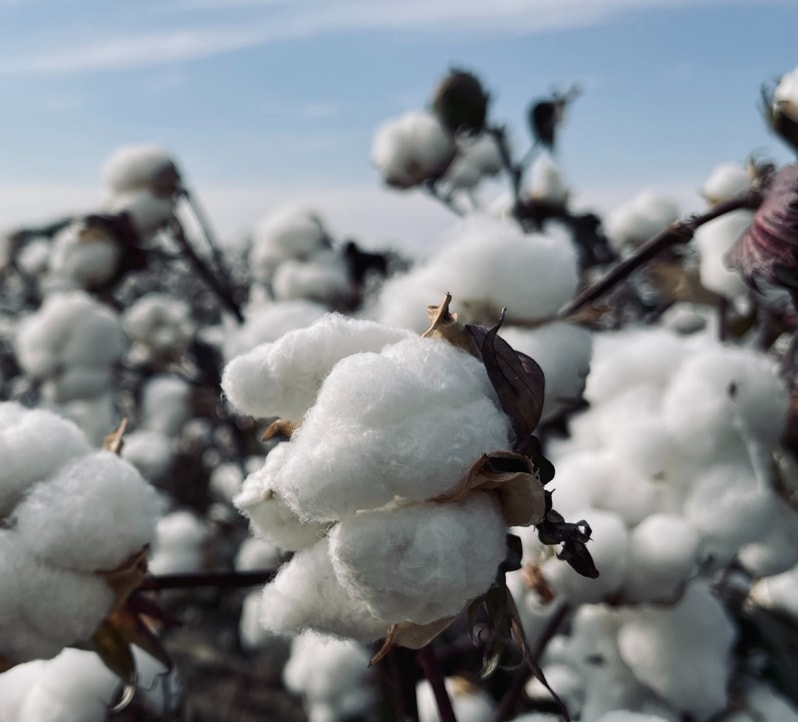
Environmentally Preferred Faux Leather
Faux leather, often referred to as synthetic or artificial leather, is engineered to replicate the appearance and texture of genuine leather, while eliminating the need for animal-derived materials. One of its most compelling environmental advantages is that less water is used during the production process compared to natural leather. This reduction in water usage contributes to the conservation of this precious resource, addressing one of the environmental challenges associated with traditional leather production.
However, a key concern associated with synthetic leather is the use of certain chemicals in manufacturing. To qualify as an environmentally preferred faux leather, these materials must either meet the AFIRM RSL standard for DMF usage, be at least >10% bio-based, or be certified under the Global Recycled Standard. These criteria help ensure that environmentally preferred synthetic leather products are manufactured with a reduced environmental footprint and in a manner that minimizes potentially harmful substances.
Caleres in 2022 incorporated 17% environmentally preferred materials (EPM) faux leather into its products with the goal to reach 50% by 2025.
Environmentally Preferred Leather
Leather offers unparalleled craft, comfort, quality, fit and durability. However, the production of natural leather uses processes and materials that can impact the environment. Recognizing this, we work to reduce the environmental impact by using environmentally preferred leather sourced from tanneries that are audited through independent third parties such as Leather Working Group (LWG), OEKO-TEX Leather Standard or the Institute of Quality Certification for the Leather Sector (ICEC).

Leather Working Group Silver or Gold
As a member of the Leather Working Group, only silver and gold certified leather qualifies as a Caleres environmentally preferred material. The LWG has an Audit Standard that is designed to provide transparency and accountability within the leather supply chain. Launched in 2005, and updated in 2021, LWG’s flagship audit certification assesses the environmental performance and compliance of leather manufacturing facilities (also known as tanneries).
The audit now covers all elements of responsible leather manufacturing including environmental management, traceability, chemical management, social responsibility, and governance across 17 separate sections.
In 2022, 85% of Caleres leather used was environmentally preferred. By 2025, our goal is to reach 100%.
ENVIRONMENTALLY PREFERRED BOTTOMS
Shoe bottoms are made up of midsoles, outsoles, footbeds, sock pads, and insoles. Materials used range from man-made foams to natural materials like leather. At Caleres our bottoms qualify as environmentally preferred where the bottoms are greater than 5% recycled, greater than 10% bio-based by weight, or LWG silver or gold rated. In 2022 19% of our bottoms were environmentally preferred with the goal to reach 25% by 2025.
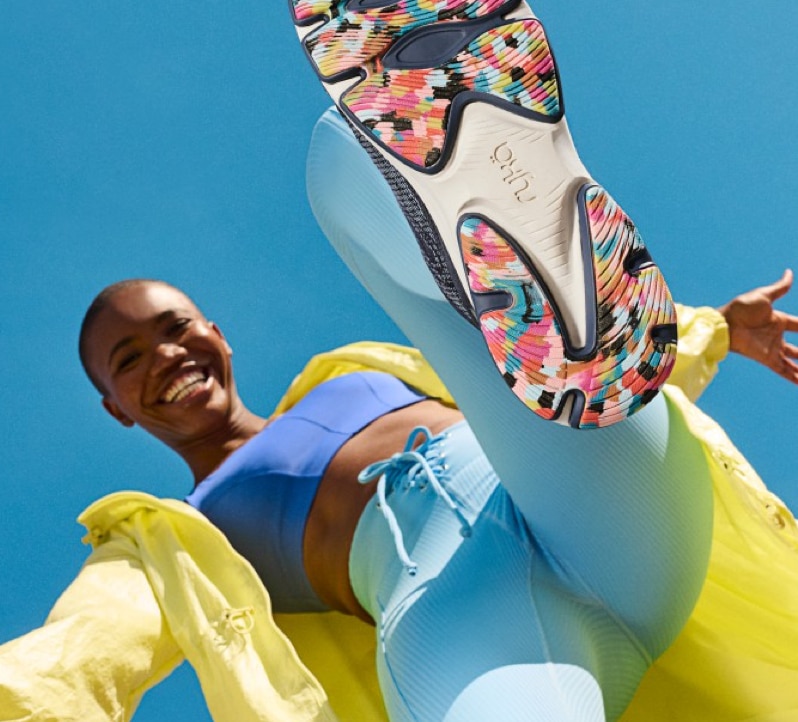
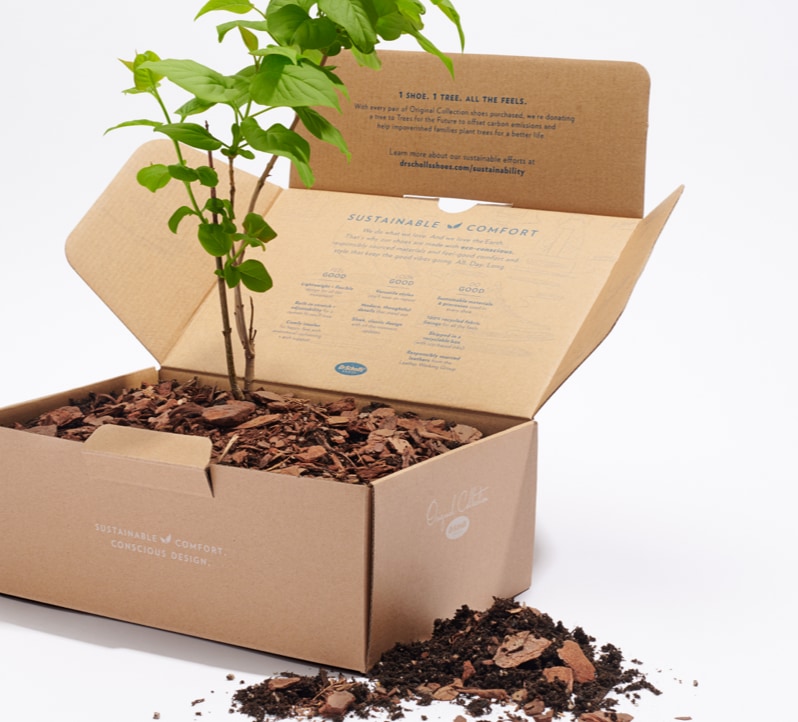
Pillar 3:
Environmentally Preferred PACKAGING
In 2022 all Caleres boxes were made of at least 70% recycled and recyclable material. All polybags and plastic sheets are 100% post-consumer recycled polyethylene, which is also recyclable #4 and can be recycled in a commercial facility like your local grocery store. In 2022 100% of our packaging was made from environmentally preferred materials, reaching our goal of 100% three years early!
Pillar 4:
Environmental and Social Governance (ESG) in the Supply Chain
How our products are made is just as important as what our products are made of. Caleres takes this into consideration when choosing our factory partners and suppliers. That is why Caleres assesses all core Tier 1 factories twice a year on five key areas including supply risk, speed and agility, quality, sustainability, and operations as part of its normal operations.
Additionally, 31%+ of our Tier 1 (Finished Product Assembly) suppliers participate in further ESG efforts. These suppliers, using programs such as FDRA Waste Reduction Program, BSR HERProject, the HIGG Facilities Module, and Global Recycled Standard certification, receive additional credit under our One Planet Standard for their elevated ESG participation. We encourage and support our suppliers in their efforts to improve and grow in this area.
Pillar 5:
brand philanthropy
How we do business is just as important as how much business we do. That is why Caleres has a long history of giving back to the communities where we live and work. Caleres is a longtime supporter of Ticket to Dream, the United Way and Soles4Souls. In addition to these corporate initiatives, we encourage brands to give back in ways that are important to their team. For example, Dr. Scholl’s Shoe partners with Trees For The Future by donating money to plant a tree for certain products sold. Trees for the Future’s Forest Garden approach helps plant trees to restore farmlands, eliminating the need to cut down local forestry, and trains communities on sustainable land use so that they can grow vibrant economies, thriving food systems, and a healthier planet.
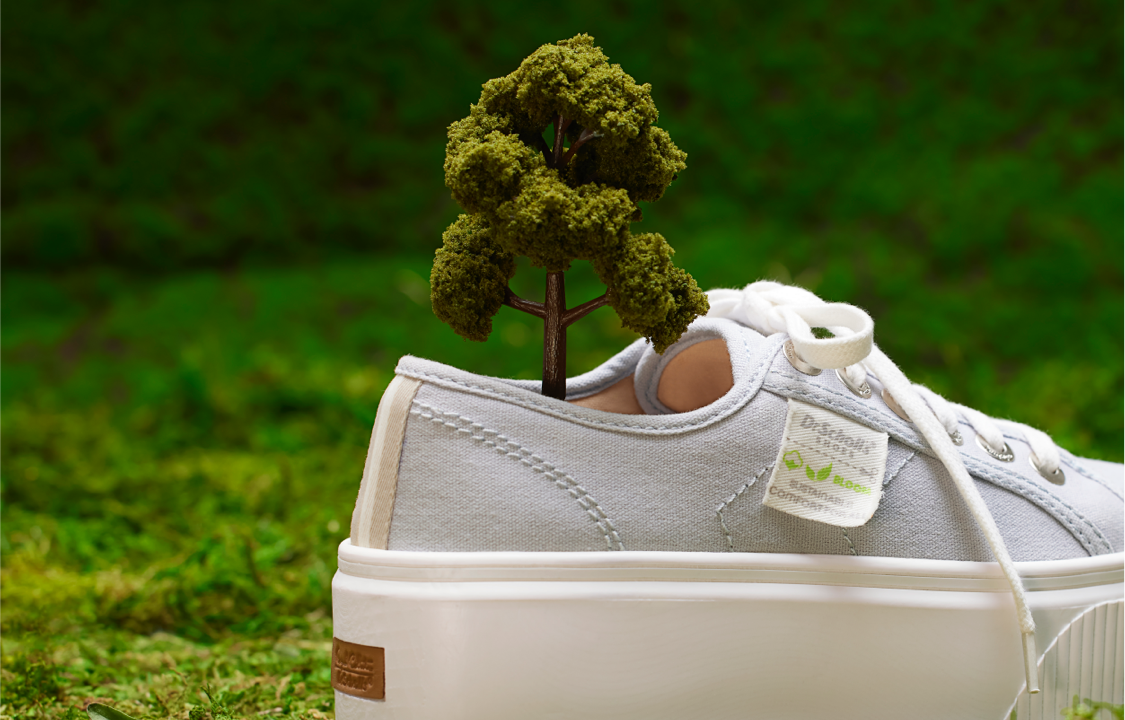
Since our partnership with Ticket to Dream began, Caleres has donated over $10 million dollars as well as over 100,000 pairs of shoes, slippers, and socks to foster children in need. As a long-time partner of the United Way, Caleres and our associates across the country help our communities through volunteering, donations, and financial giving. In 2022 Caleres partnered with Soles4Souls through a $1 million commitment focused on their Shoes 4EveryKid program, to help children in need have new shoes to start the school year.
Pillar 6:
END-OF-LIFE SOLUTIONS
At Caleres we look for opportunities to extend the life of our products. We offer three ways to do so: recrafting, reselling, and recycling. Our Allen Edmonds shoes are designed with the finest materials and constructed with our signature 360° Goodyear bench welt that allows them to be recrafted by our experts when they start to show signs of wear. Sam Edelman uses its ReLove Program, which is a peer-to-peer resale platform, to provide customers a more sustainable way to extend the lifespan of Sam Edelman products and update their wardrobe. Caleres partners with Soles4Souls to allow easy recycling of used shoes by placing recycling donation bins in most Famous Footwear stores. The goal of the program is to raise awareness and education about the need to participate regularly in shoe recycling, where the secondhand goods are destined for reuse.
CALERES SUSTAINABILITY
Caleres is a diverse portfolio of global footwear brands that includes Famous Footwear, Sam Edelman, Vionic, Naturalizer, Allen Edmonds, LifeStride, Dr. Scholl’s Shoes, and more. Combined, these brands make Caleres a company with both a legacy and a mission. Our legacy is our more than 140 years of craftsmanship and our passion for fit, while our mission is to continue to inspire people to feel great… feet first. That comfort arises from both our portfolio of brands and our five-star promise for delivering on our ESG goals.

